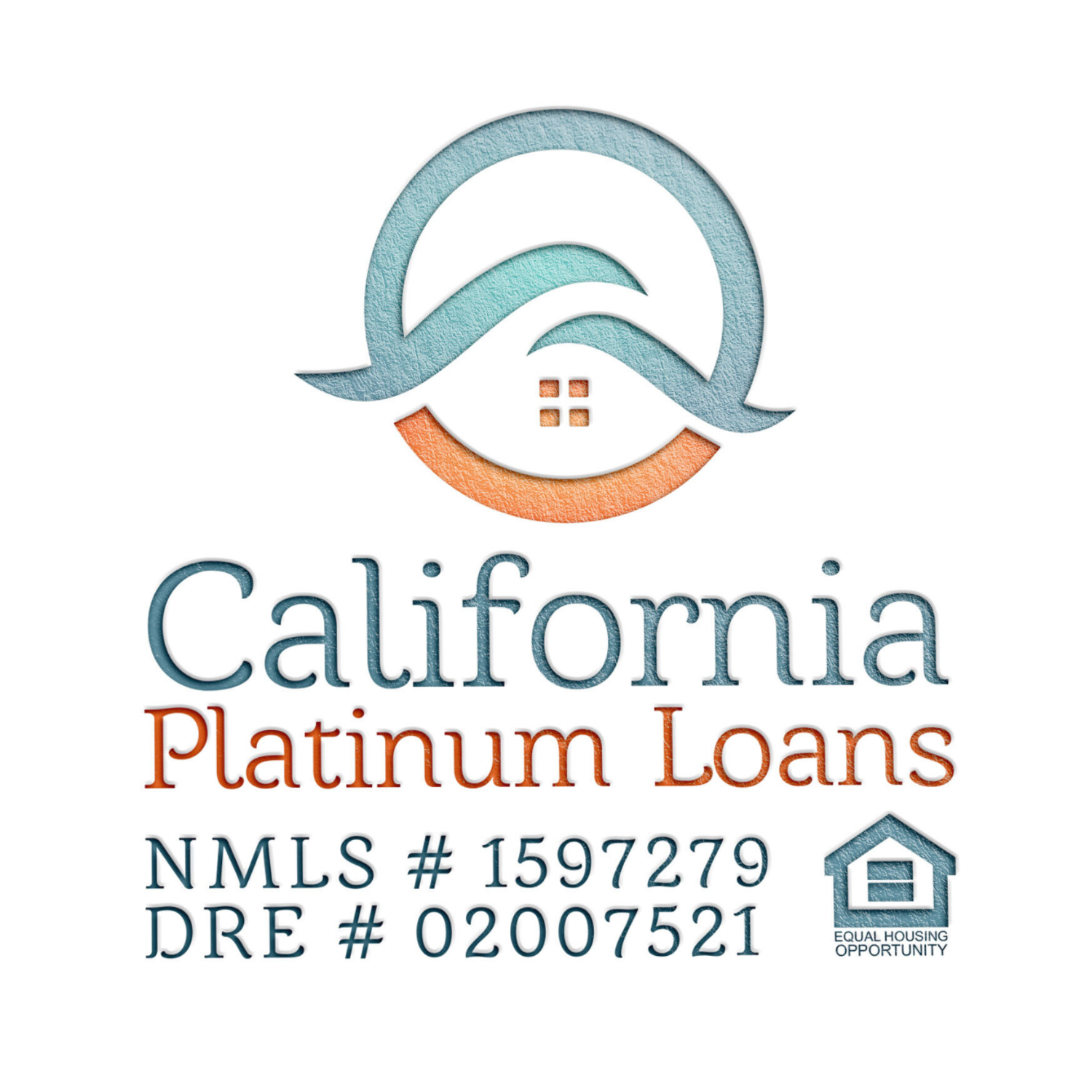Now is a good time for a home equity line of credit (HELOC). Changing conditions in the housing market, home prices, and listings mean that you can take advantage of these conditions and put some of the equity in your home to work, benefiting your financial goals.
According to RE/MAX’s national housing report, Los Angeles County’s home prices began dropping in 2022 compared to 2021. In December 2022, LA Metro area home prices dropped about 5%, according to Spectrum News 1. The LA area isn’t the only one that saw drops in home prices and listings in 2022. San Francisco, Honolulu, and Phoenix also saw similar home price drops.
What does this mean if you’re considering a home equity line of credit (HELOC) or home refinance? Home prices can affect how much equity you have in your home. However, if you have owned your home for a long time, you’re likely to have a lot of equity. Increased price drops could negatively influence the benefits you could get from a HELOC, so now is an excellent time to act if you’ve been considering a HELOC.
What Are Some Uses For a HELOC?
HELOCs are flexible. Some use the line of credit to pay for home improvements; others use the line of credit to pull money out to invest. You don’t have to use the HELOC all at once. You can spend it over time and only use the part you need, reserving some for another future purpose or need.
Some borrowers use a HELOC to pay for home improvements or to make significant purchases, like a boat or recreational vehicle. Others use HELOCs to pay for their children’s educational expenses. Older borrowers might use a HELOC to finance travel they’ve always wanted to take or to purchase investments that can outperform the HELOC interest rate, like annuities.
HELOCs Can Benefit You In Today’s Interest Rate Environment
The Federal Reserve is expected to continue to increase the prime interest rate, meaning that mortgage and HELOC rates will likely continue to rise. You can put your home’s equity to work for you today by contacting the HELOC experts at California Platinum Loans.
Sources: Pimentel, Joseph. “Los Angeles for sale listings, home prices drop in December,” Spectrum News 1, 19 January 2023, URL:
ReMAX, LLC. “RE/MAX® National Housing Report for December 2022,” PR Newswire, 18 January 2023, URL:




